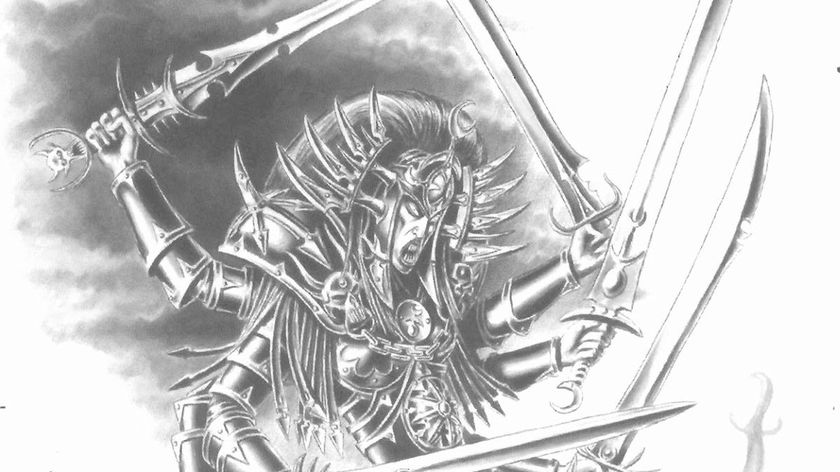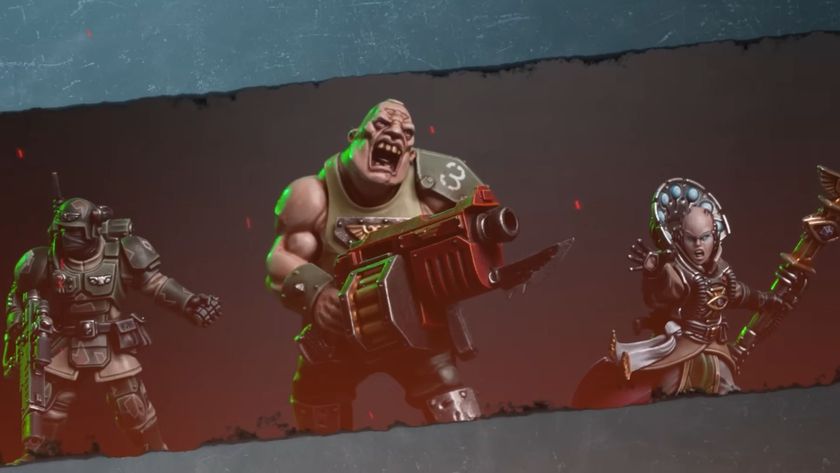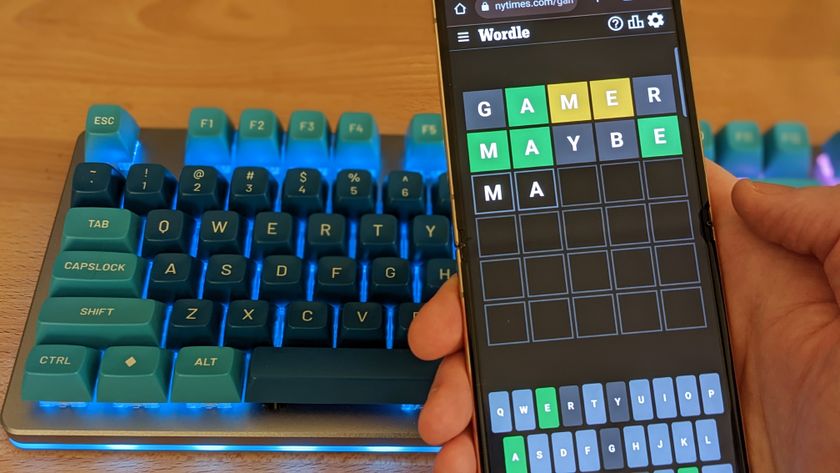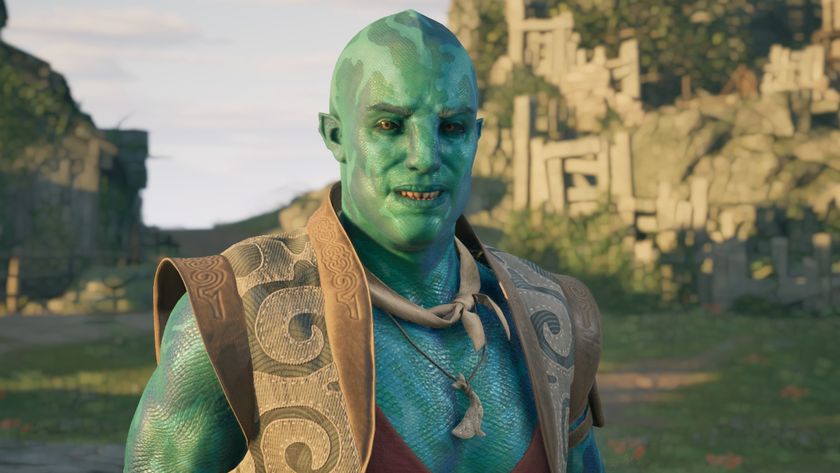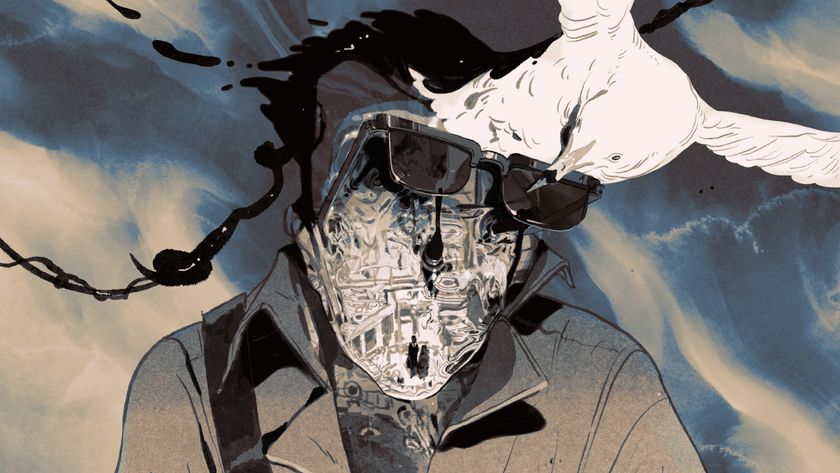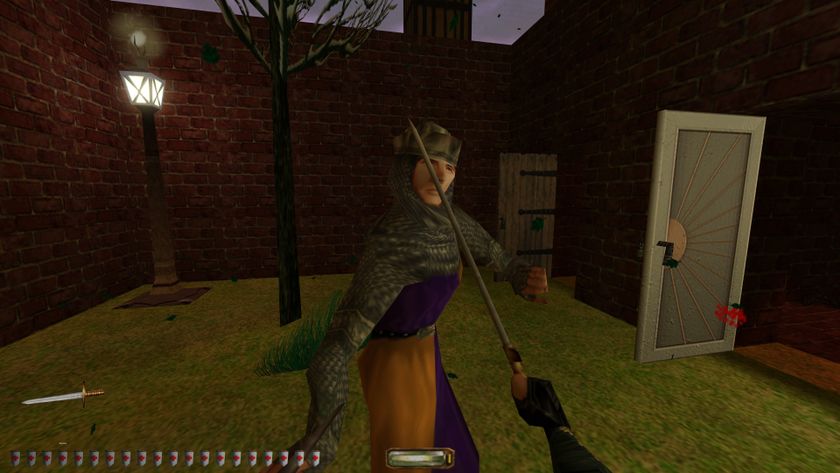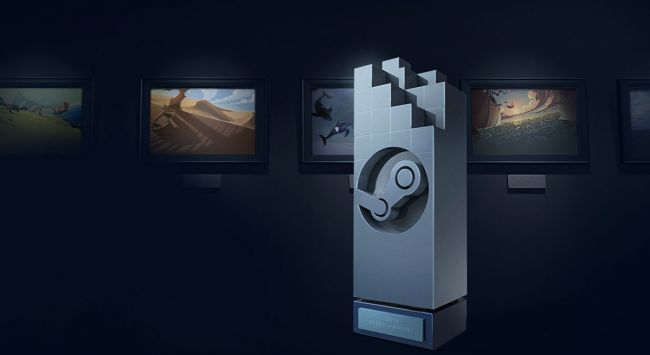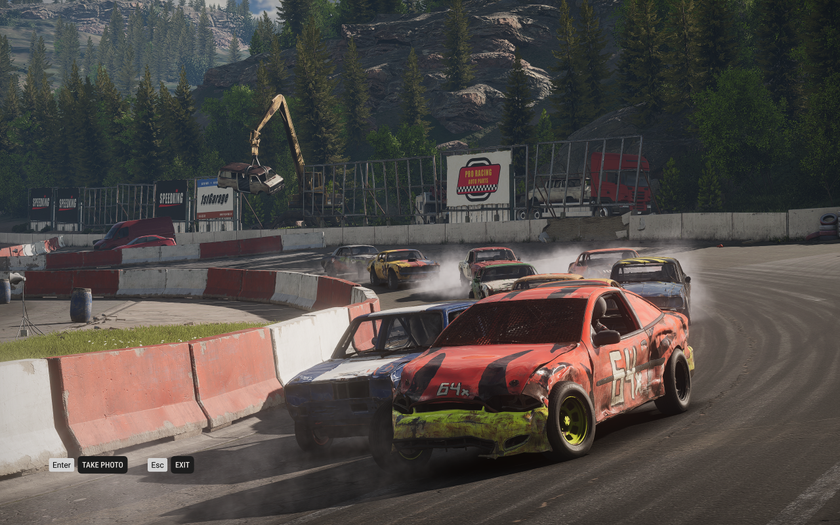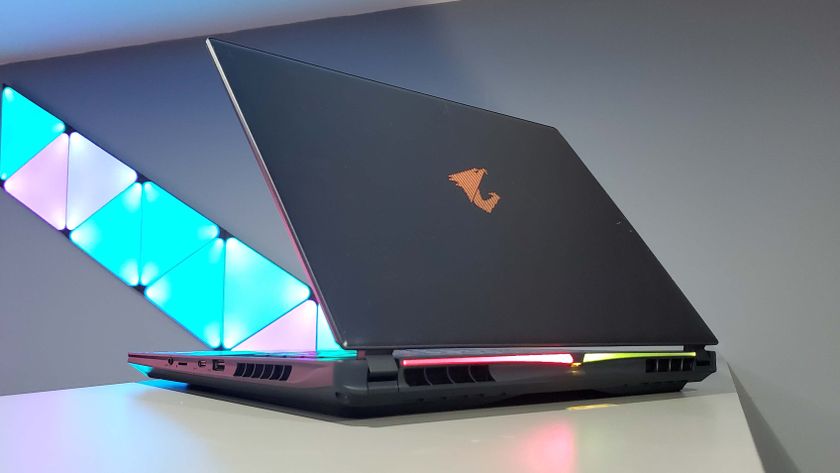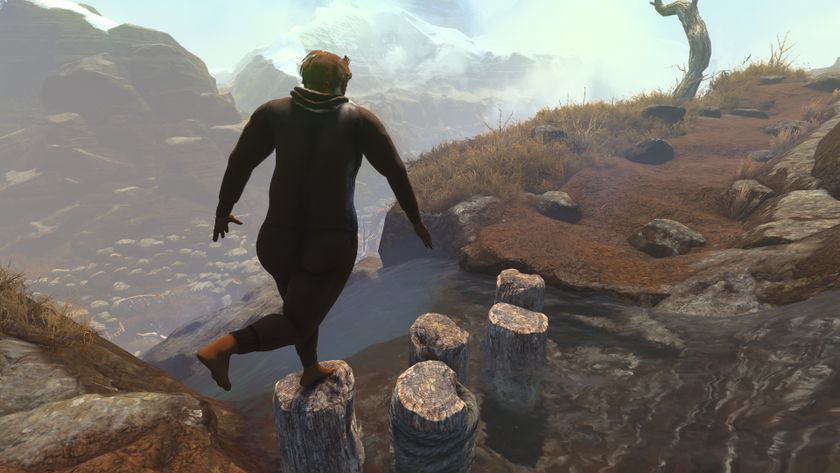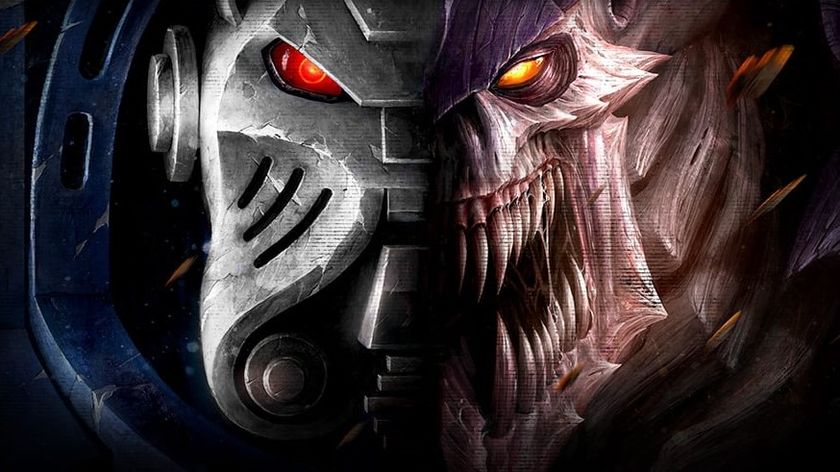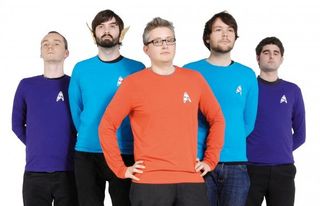
This feature originally ran in PC Gamer UK issue 232. Check out our Video Blog about the photoshoot for behind the scenes footage.
Artemis isn't an official Star Trek game, but it is the Star Trek game you've always dreamed of. It's a bridge simulator, in which multiple players take on the roles of starship crew. There are six slots in a bridge crew: a captain, a helmsman, a weapons master, an engineer, a science officer and comms. The captain hosts a server. Everyone else logs into the server to play their role. Everyone but the captain gets their own screen and their own jobs. To succeed, crew members must communicate and work together. Science officers need to provide bearings and scan readings to helmsmen and weapons officers. Engineers need to divert power between the warp drive and weapons. Everyone needs to listen to the captain's orders.
Artemis is an exciting new take on asymmetric cooperative multiplayer.
Whisper it, but it's basically liveaction roleplaying with viewscreens. Without pausing to read any instructions or forum posts, the PC Gamer team flung itself into a randomly generated mission. What could possibly go... oh.
Episode One - The Kobayashi Maru
Stardate: Wednesday. Lunchtime. About a quarter past one.
Our rookie crew has embarked upon a randomly generated combat mission without looking at the manual, Wiki or readme. We quickly choose our roles and launch the game. No one has any idea how to play, or what the buttons do. All we know is that there are enemy cruisers out there, and we have to kill them.
Captain Tim Edwards: I've made my first decision of the day. I'll command the Starship Artemis with my feet on the desk, eating a sandwich. This will be known as 'The Edwards manoeuvre'. As I do this, my T-shirt rides slightly up. I pull it back down. No no no. Straightening my T-shirt will be called 'The Edwards manoeuvre'. My first order to the crew: “What the hell is going on?”
The biggest gaming news, reviews and hardware deals
Keep up to date with the most important stories and the best deals, as picked by the PC Gamer team.
Science Officer Graham Smith: As our ship's Science Officer, I assume I'll be standing off to Tim's right, looking stern and raising a single, curious eyebrow at confusing human 'feelings'. Which sounds like a regular Thursday. Instead, my screen is a muddle of numbers and graphs. The first screen has a triangle in the middle, with three lines poking out and a circle around it. The second screen has an empty grid with space in it. The third screen shows a poorly rendered 3D spaceship.
I check the computer's databanks (the Artemis Wiki, bit.ly/artemiswiki) to find out what the hell I'm supposed to be doing. While being the sexy voice of reason, I can also use the ship's long-range scanners to bring up tiny numbers about enemy ships. Like that enemy ship half a dozen sectors away.
Tim orders us to attack – or rather, “Attaaaaaaaack!” I relay their position to our Helmsman, Tom Senior, so he can plot a course, and then let Weapons Officer Tom Hatfield know their shield frequency so he can program the torpedoes. Our course is set and we… go nowhere.

Owen 'Welshy' Hill: I'm the engineer, which means I control the power to everything on the ship. Except, as soon as I load the game up, I'm confronted with a giant screen covered with blue blobs. The rest of the team seem to know what they're doing and are gleefully making jokes and shouting out instructions. I think back to the two episodes of Star Trek I've seen. What do the engineers do? What is warp? What is impulse? I vaguely remember something about lithium crystals. Ah, it'll come to me. I tell Tim that I've got impulse engines, shields and warp power. And repair crews. He asks if I know what I'm doing. I nod sagely.
“Then why aren't we moving?”
“I'm sure the helmsman will know.”
Phew. Dodged that one.
Senior Ensign Tom Senior: Finally, I get to pilot a starship. It's my job to get from point A to point B via either sluggish impulse propulsion, or warp speed – which is so powerful it reduces your ship to a smear that streaks across the galaxy. As I jump into the game I half expect to see a bank of complex course-plotting software. The reality is, thankfully, much simpler. A small green icon in the centre represents the ship. It's surrounded by a ring, labelled with bearing degrees.
But where's the 'go fast' button? Oh, there it is, a pair of small sliders at the bottom left of the screen. What happens if I set warp to maximum? Absolutely nothing. There's no power. I'm not in charge of that.
Welshy: Oh no. Everyone's looking at me again. Apparently I'm in charge of power. I'm starting to figure this out. I can use sliders to distribute power across different systems. I should put all of our power to impuuuuuuuuuuuuullllse... That works. We're no longer docked.
Uhurich McCormick: I'm working the communications rig and am supposed to use the ship's arrays to chat directly with the things hanging in space around us: to secure docking permissions, check the status of allied ships, things like that. I'd previously been wittering away happily with the station's manufacturing teams to get some more photon torpedoes, but out in the inky blackness of the void, there's no one to talk to. Aww. Wait, we've just scooted past something!
Some red dots on the ship's scanner. I call over to Graham and ask for his expert analysis on what they are. “Red dot things, over there!” he squeaks. Thanks, Graham. Are they hostile? Let's find out.
I bring up my communicator and find their designations. They're marked under 'enemies'. Time for a chat. I have four gambits with which to begin my fledgling diplomatic career, three of which are insults. I think today I'll start with their mothers.
Captain Tim: Red dots. Awesome. We're going to have a scrap. I put down my sandwich, stand up and shout at the crew. “Engineering, shields up. Helmsman, impulse power. Weapons, load torpedoes.”
Ooh, weapons. I forgot to check what guns we're carrying.
Science Officer Smith: I scan the ships, which brings up little numbers next to their names. “There's a Torgoth Cruiser and it has RS200 and FS150! Does anyone know what that means? Also, (M74) BRG, DMG and 2K! Guys, I think we're fighting a motorway.”
PC Gamer is the global authority on PC games—starting in 1993 with the magazine, and then in 2010 with this website you're currently reading. We have writers across the US, Canada, UK and Australia, who you can read about here.

